The African Grey Parrot is not just a pet; it is a companion known for its exceptional intelligence and engaging personality. This guide aims to provide potential parrot owners with comprehensive information regarding African Grey Parrots, from understanding their unique traits to navigating the buying process. Read on to explore everything you need to know about adding this remarkable bird to your family.
Understanding the African Grey Parrot
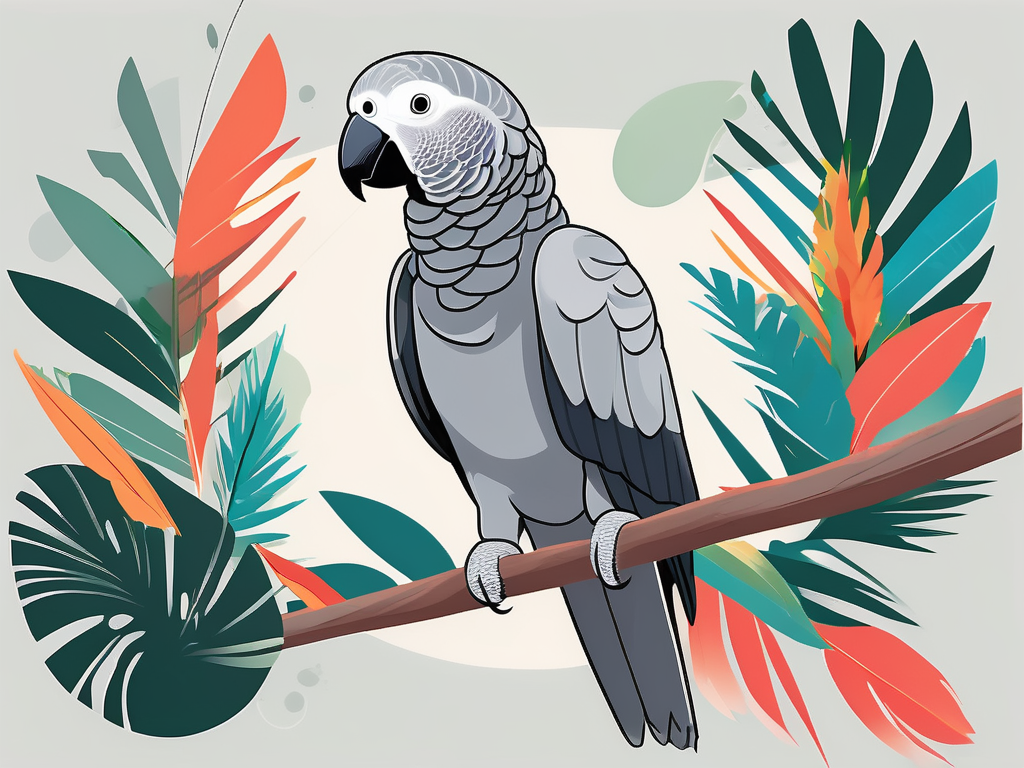
Characteristics and Traits of African Grey Parrots
African Grey Parrots are medium-sized birds that typically boast a sleek, grey plumage with striking red or maroon tails. Their most notable traits include a sharp, curved beak and a strong, adaptable physique. Besides their physical characteristics, African Greys are renowned for their remarkable vocal abilities; they can mimic human speech and various sounds with astonishing clarity. This impressive vocal talent is not just for show; it plays a crucial role in their social interactions, allowing them to communicate effectively with both their human companions and other birds.
Their social nature makes them engaging companions, and they thrive on interaction with their owners. African Greys are often playful and curious, which can lead to entertaining antics at home. These birds have a natural inclination to explore their surroundings, often using their beaks to investigate objects, which can sometimes lead to mischief. However, they are also sensitive creatures, requiring consistent socialization and mental stimulation to prevent boredom. Owners should consider incorporating a variety of toys and activities, such as puzzle feeders or foraging games, to keep their feathered friends mentally engaged and happy.
Lifespan and Health Considerations
When cared for properly, African Grey Parrots can live between 40 and 60 years, making them a long-term commitment. Their health can be influenced by various factors including diet, environmental conditions, and social interactions. Regular veterinary check-ups are essential to monitor and maintain their health, as well as to prevent common ailments such as feather plucking or respiratory issues. Additionally, providing a spacious cage with plenty of room to move around and exercise is vital for their physical well-being, as these birds are naturally active and require daily opportunities to stretch their wings.
To ensure your African Grey Parrot leads a healthy life, provide a balanced diet, mental stimulation through toys and activities, and plenty of human interaction. A diet rich in fresh fruits, vegetables, and high-quality pellets can significantly contribute to their overall health. Maintaining a clean living environment and observing their behavior closely will also aid in catching any potential health concerns early on. Owners should be vigilant for signs of stress or discomfort, as these can manifest in subtle changes in behavior, such as decreased vocalization or changes in eating habits.
African Grey Parrot Behavior and Intelligence
Known for their extraordinary intelligence, African Grey Parrots are often compared to young children in terms of cognitive abilities. They can learn new commands quickly, solve problems, and even understand contextual language. This intelligence, however, necessitates an owner who can provide adequate mental challenges and enrich their environment, lest they become bored and develop behavioral issues. Engaging them in training sessions not only stimulates their minds but also strengthens the bond between bird and owner, creating a more harmonious living situation.
Behaviorally, African Greys can display signs of affection, jealousy, and territoriality, making it crucial for their owners to understand these traits and respond appropriately. They may form strong attachments to their human companions, often seeking out their presence and attention. Positive reinforcement training can help shape their behavior and deepen the bond between parrot and owner. Furthermore, understanding their body language—such as feather ruffling, head bobbing, or vocalizations—can provide insights into their emotional state, allowing owners to respond to their needs more effectively. This level of awareness can lead to a more fulfilling relationship, where both the parrot and owner thrive in a nurturing environment.
Preparing for Parrot Ownership
Essential Supplies for Your African Grey Parrot
Before bringing an African Grey Parrot into your home, it’s essential to prepare by gathering necessary supplies. Here’s a checklist of items you will need:
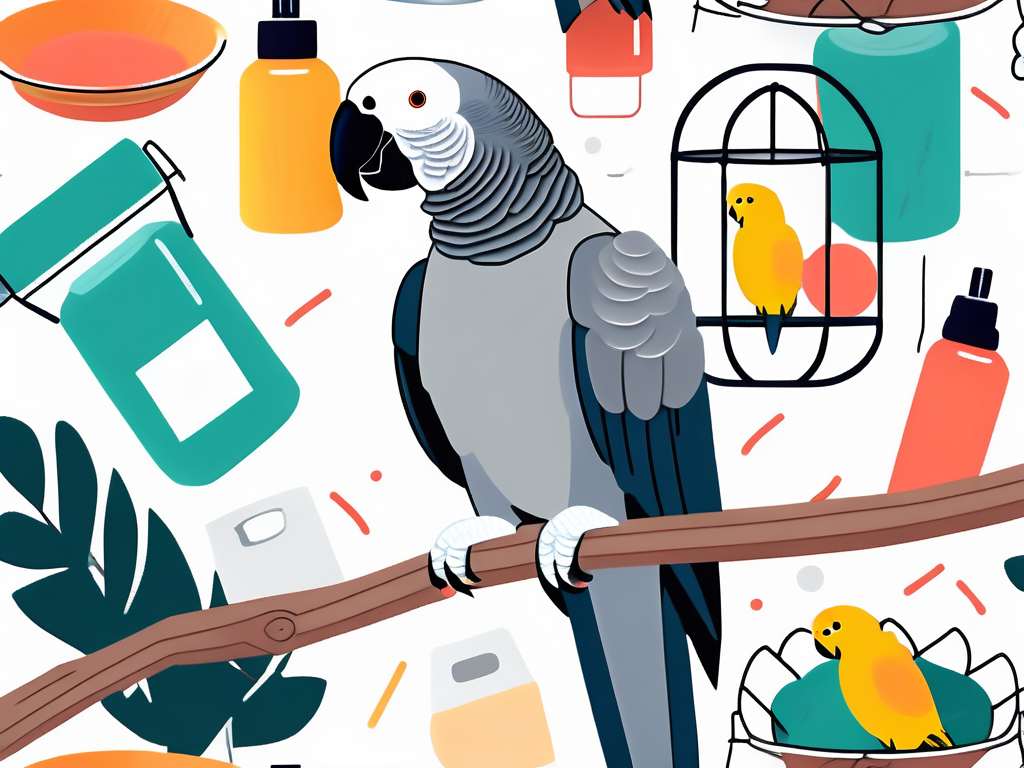
- Cage: A spacious, sturdy cage that allows for plenty of movement.
- Toys: Interactive toys that foster mental stimulation and beak maintenance.
- Food and water dishes: Appropriate-sized dishes that are easy to clean.
- Nesting materials: Shreddable materials that can enhance comfort.
These supplies contribute significantly to the parrot’s well-being and should be checked regularly for cleanliness and functionality. Additionally, consider investing in a variety of toys that cater to different play styles, such as foraging toys that encourage natural behaviors. African Greys are highly intelligent and can become bored easily, so rotating toys frequently will keep them engaged and mentally stimulated. Moreover, ensure that the cage is equipped with safe, non-toxic perches of varying diameters to promote foot health and prevent boredom.
Creating a Suitable Environment
The setting in which your African Grey will live plays a crucial role in its happiness and health. Ensure the cage is positioned in an area with social interaction but away from drafts and direct sunlight. The environment should be safe, avoiding any toxic plants and materials that could harm your feathered friend.
Additionally, consider the placement of perches, which should be made of natural wood to promote foot health and provide various heights for climbing. Regularly changing the layout of their environment can also keep your parrot engaged and curious. Incorporating a play area outside the cage can also be beneficial; this space should be equipped with toys, perches, and safe items to explore. This not only gives your African Grey a chance to exercise but also helps strengthen the bond between you and your pet as you supervise their playtime and interact with them in a stimulating environment.
Dietary Needs of African Grey Parrots
A balanced diet is pivotal in maintaining the health of your African Grey Parrot. Their diet should primarily consist of high-quality pellets that provide essential nutrients. Fresh fruits and vegetables can be offered as supplements but should be introduced gradually to monitor for any allergy or digestive issues.
Keep in mind that certain foods, such as chocolate, caffeine, and avocado, are toxic to birds. Researching safe food options is crucial for your parrot’s diet to ensure they remain healthy and vibrant. In addition to pellets and fresh produce, consider incorporating nuts and seeds as occasional treats, as these can provide healthy fats and protein. However, moderation is key, as too many high-fat foods can lead to obesity. It’s also beneficial to establish a feeding schedule to help your parrot develop a routine, which can contribute to their overall sense of security and well-being.
Finding Reputable Parrot Sellers
Recognizing Ethical Bird Breeders
When looking to buy an African Grey Parrot. It is vital to find a reputable breeder who practices ethical breeding techniques. Ethical breeders prioritize the health and well-being of their birds, providing them with socialization and proper care before they are sold.
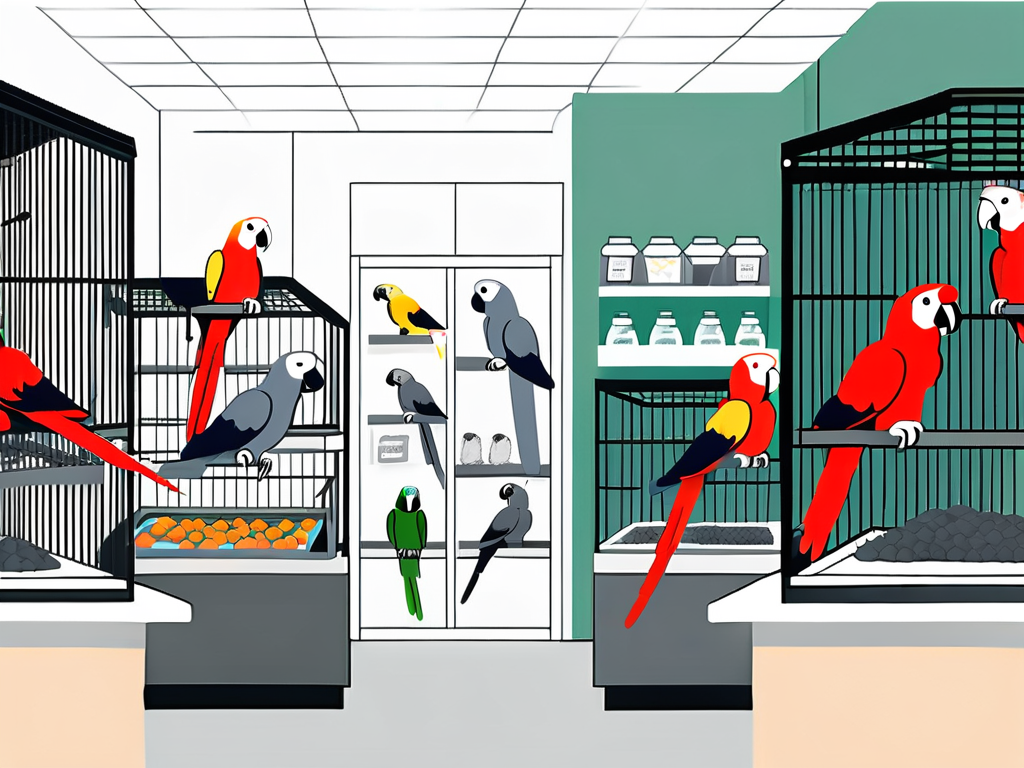
To identify a responsible breeder, look for signs such as cleanliness in their facility. Healthy-looking birds, and a willingness to answer your questions regarding their breeding practices. They should also provide a contract that guarantees the health of the bird upon purchase.
Buying from Pet Stores vs Breeders
Purchasing your African Grey from a pet store may seem convenient, but it often comes with challenges. Birds in pet stores may not receive adequate socialization, and their health can be compromised by poor care. Conversely, breeders often devote more time to the animals, ensuring they are raised in stable environments.
Consider visiting both breeders and pet stores to evaluate which option feels more responsible. Observing the birds’ behavior and asking about their backgrounds will inform your decision.
Online Parrot Purchasing: Pros and Cons
The digital age allows for purchasing pets online, which can be convenient. However, buying a parrot online comes with its own set of challenges. It’s essential to do thorough research to ensure the seller is reputable and that the bird has been adequately cared for.
While online shopping can provide access to various breeds and prices, experiencing the bird firsthand and asking questions before purchase is critical to ensure you’re making a sound decision.
The Buying Process
Questions to Ask When Buying an African Grey Parrot
When considering the purchase of an African Grey, prepare a list of questions to assess the seller’s reliability and the parrot’s condition. Inquire about:
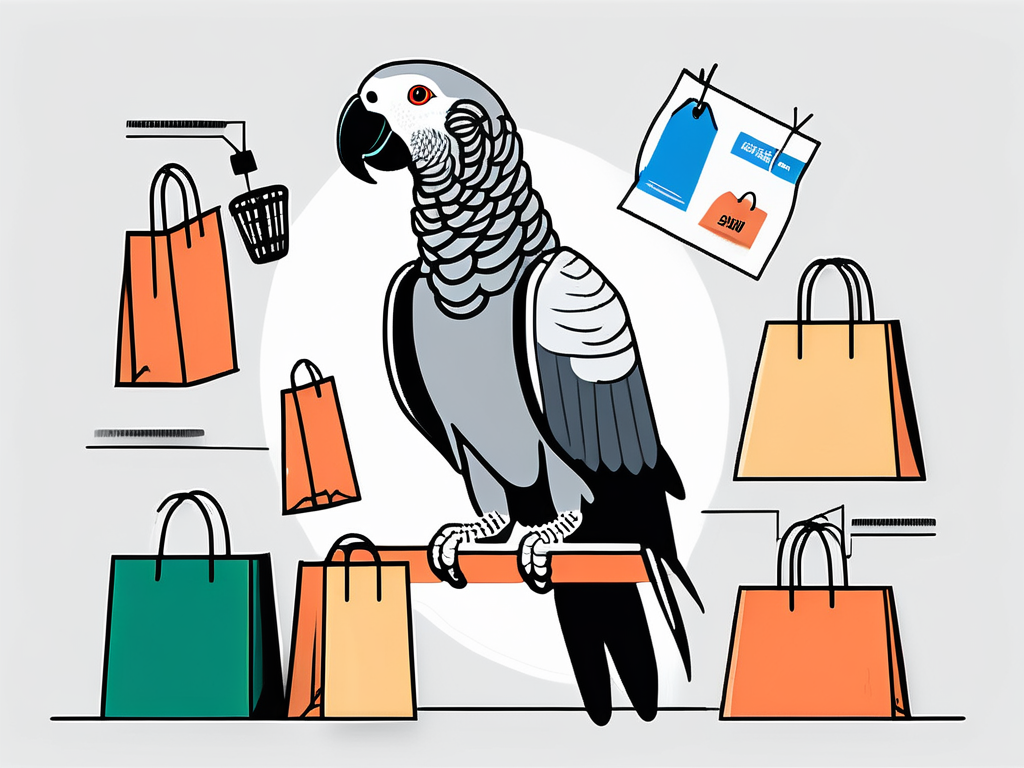
- The bird’s age and health history.
- Dietary habits and any special care needs.
- The socialization experiences the parrot has had.
Asking these questions will help you gauge how well-adjusted the parrot is and whether it will fit seamlessly into your life.
Understanding Pricing for African Grey Parrots
Pricing for African Grey Parrots can vary significantly based on factors such as age, color mutation, and lineage. Typically, prices can range anywhere from $1,000 to $3,000 or more. Research various sellers to understand what pricing is reasonable and reflects the quality of care given to the birds.
Be cautious of prices that seem too low, as they might indicate unethical breeding practices or poor health standards.
Post-Purchase Care and Adjustments
After bringing your African Grey Parrot home, take time to establish comfort and trust. Allow the bird to acclimate to its new surroundings at its own pace. Gradually introduce it to family members while monitoring its reactions and building a bond through gentle interaction.
Establish a routine that incorporates feeding, play, and training sessions to help the bird feel secure. Continuous learning about its behavior and needs will solidify a lasting relationship. With patience and care, your African Grey Parrot can become a cherished member of your family for many years.

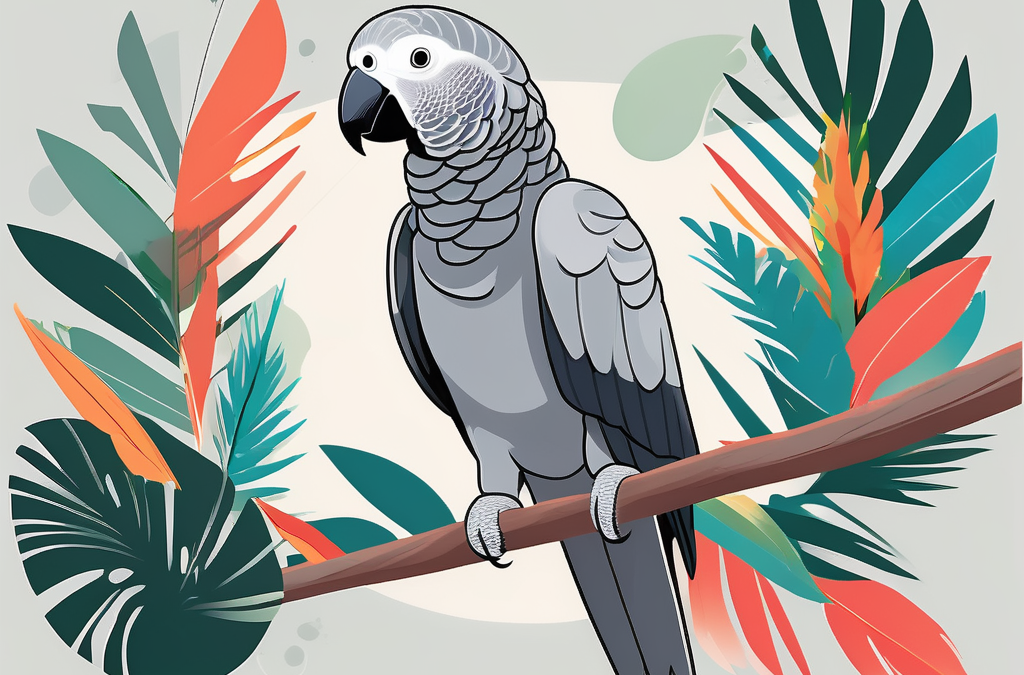


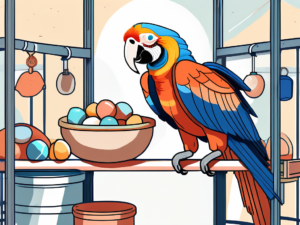

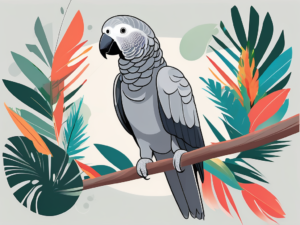
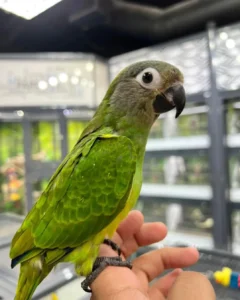
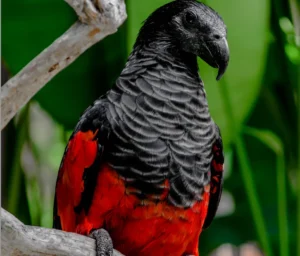

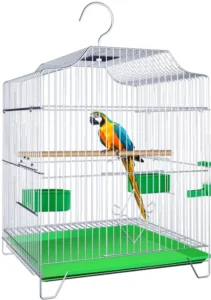
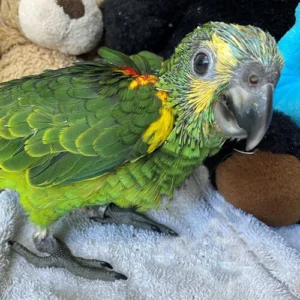
I recently adopted a charming Eclectus Parrot. The staff was friendly and offered great advice on care. Shipping to Japan was seamless, and my new companion is thriving! 🌸🦜
I got a stunning Blue and Gold Macaw from this site. The information provided was very detailed, making my choice easier. Shipping was prompt, and my Macaw is already part of the family! 🦜💚
I had an excellent experience with Parrots for Sale! I adopted a playful Cockatoo, and the support team answered all my questions. Shipping to Spain was hassle-free, and my bird is delightful! 🌟🦜
“I bought two vibrant Macaws from this site. The selection was impressive, and the staff provided great advice. The shipping to India was quick and smooth. My new pets are thriving! 🌈🦜
“I recently purchased a beautiful African Grey from Parrots for Sale. The team was incredibly helpful in guiding me through the process. Shipping was fast, and my parrot arrived healthy and happy. Highly recommend! 🦜❤️